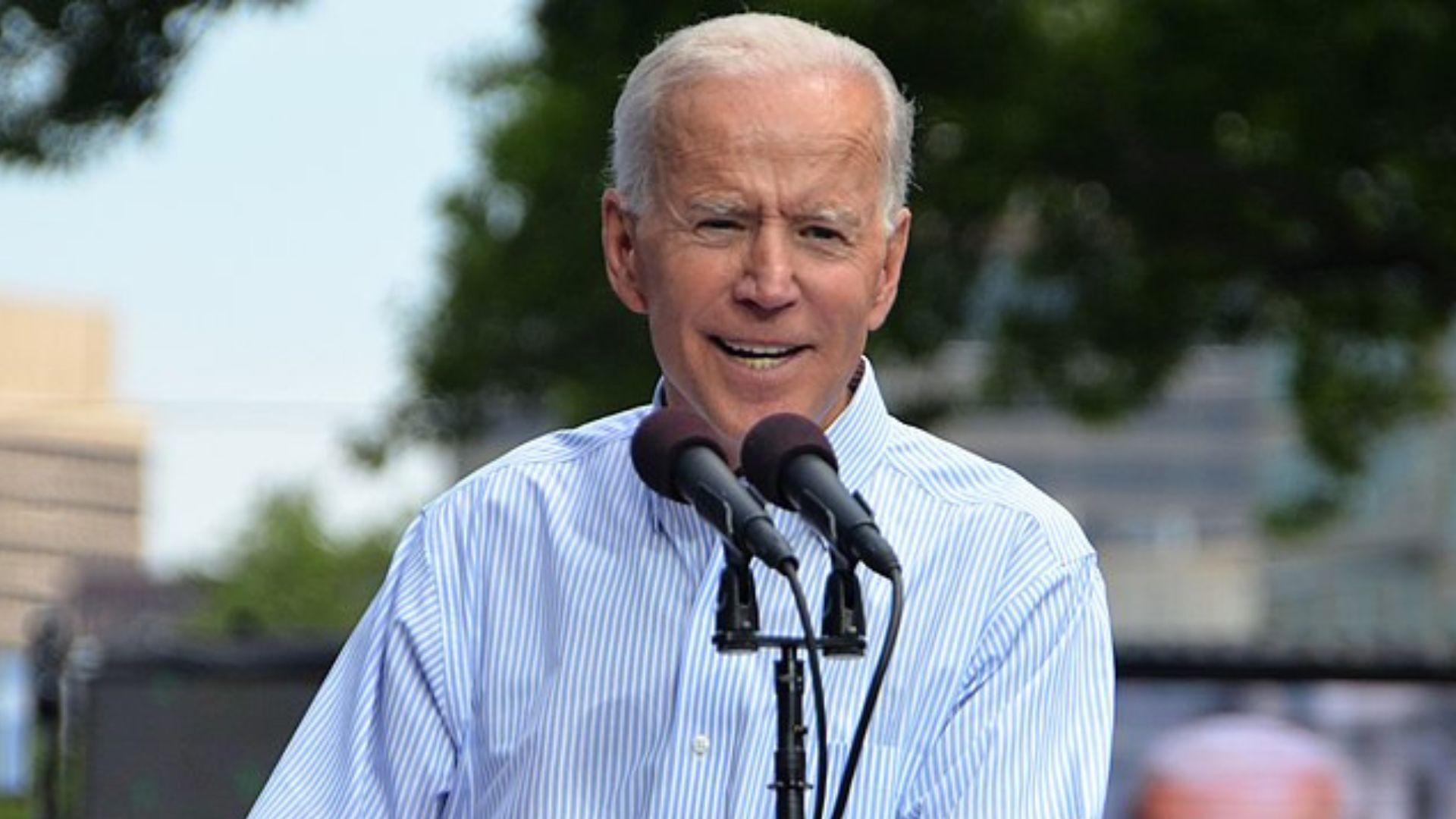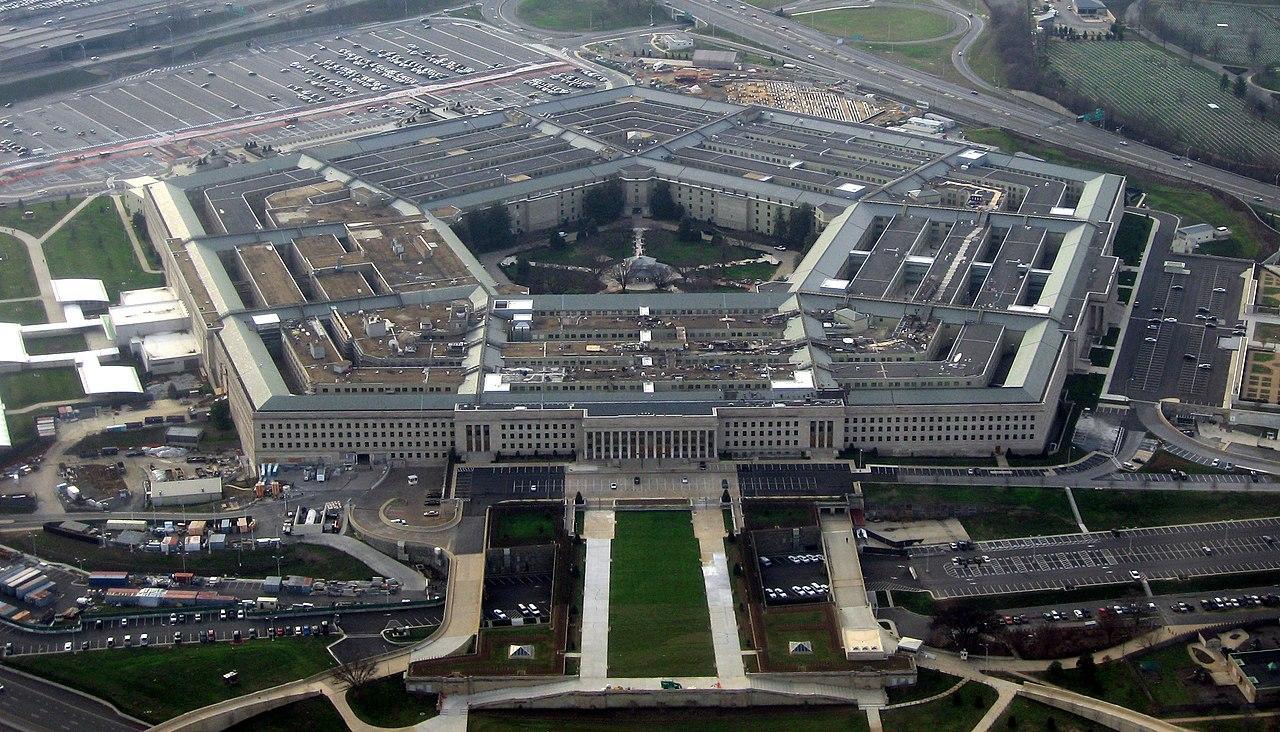Alabama Senator Tuberville Blocks Promotion of Top Army General – Pentagon Fires Back
In a move that has ignited fresh tensions between the Pentagon and Congress, Alabama Senator Tommy Tuberville has blocked the promotion of Lt. Gen. Ronald P. Clark.
Clark, a senior aide to Defense Secretary Lloyd Austin, was set to become the four-star commander of U.S. Army forces in the Pacific.
The Fallout from Austin’s Medical Secrecy
The core of the controversy appears to stem from Defense Secretary Lloyd Austin’s hospitalization in December 2023. Austin underwent surgery for prostate cancer, but his condition was kept secret for days.

Source: GOMO
Tuberville’s office has raised concerns about Lt. Gen. Clark’s role in the delay, questioning why the commander-in-chief wasn’t notified sooner about the compromised chain of command.
Austin’s Medical Crisis Timeline
On December 22, 2023, Austin underwent prostate cancer surgery. By January 2, 2024, he was admitted to intensive care after complications from the procedure.

Source: Win McNamee/Getty Images
It wasn’t until January 5, 2024, that the Pentagon revealed the news to Congress and the public, drawing widespread criticism. Tuberville’s office claims that Clark should have informed President Biden immediately about Austin’s condition.
Clark’s Role Under Scrutiny
Lt. Gen. Ronald P. Clark, then Austin’s senior military assistant, found himself in the middle of the uproar. Tuberville’s spokeswoman, Mallory Jaspers, stated, “Lt. Gen. Clark knew that Sec. Austin was incapacitated and did not tell the Commander in Chief.”

Source: Michael Stokes/Wikimedia Commons
This allegation has led Tuberville to freeze Clark’s promotion while awaiting a Defense Department investigation into the matter.
Pentagon’s Response to Tuberville
The Pentagon has swiftly responded to Tuberville’s actions. A spokesman for the Defense Department, James Adams, defended Clark’s qualifications, emphasizing his leadership experience in military conflicts and his role in leading troops in the Pacific.

Source: Wikimedia
“Lt. Gen. Clark is highly qualified and was nominated for this critical position because of his experience and strategic expertise,” Adams said in a statement.
Military Readiness in Jeopardy
Tuberville’s blockade has sparked concerns over the impact on military readiness, with Pentagon officials warning that delays in promotions could undermine U.S. efforts in key regions, particularly in the Pacific, where tensions with China and Taiwan continue to escalate.

Source: Ken Hammond/Wikimedia
The Pentagon insists that Clark is “exactly the kind of leader” needed for such a crucial role.
Tuberville’s History of Military Holds
This isn’t Tuberville’s first standoff with the Pentagon. In 2022, the senator held up hundreds of military promotions in a dispute over the Pentagon’s policy on abortion-related travel expenses.

Source: @PeteMuller/Getty Images Signature
While he eventually backed down after pressure from fellow Republicans, Tuberville’s latest move suggests he is willing to use similar tactics to make his point on the Austin matter.
The Fallout from Austin’s Apology
Lloyd Austin publicly apologized for the delay in informing President Biden and the American public about his medical condition, stating, “I did not handle this right… I should have told the president about my cancer diagnosis.”

Source: Freepik
While Austin’s apology came on February 1, 2024, the damage had already been done, and Tuberville is now making sure that those responsible face consequences.
What’s at Stake for Lt. Gen. Clark
For Lt. Gen. Clark, this blockade could mark the end of his 36-year military career. Despite his impressive record and strategic expertise, the delay in his promotion could prevent him from taking on one of the most important military roles in the U.S. Army.

Source: iStock
His nomination for commander of U.S. Army forces in the Pacific remains in limbo, with no clear resolution in sight.
Tuberville Awaiting Inspector General’s Review
The situation remains unresolved as Tuberville awaits the results of a Defense Department inspector general’s review of Austin’s hospitalization. The review, led by Robert Storch, has been ongoing since January, but no timeline has been given for its completion.

Source: Bhutina65/Canva Pro
Tuberville’s team has indicated that they will not lift the hold on Clark’s promotion until the findings are released.
The Senate’s Role in Military Promotions
The Senate’s approval is critical for all high-level military promotions.

Source: Cytonn Photography/Pexels
By blocking Clark’s nomination, Tuberville has effectively stalled the process, creating a political standoff that could extend for months.
What’s Next in the Tuberville-Pentagon Showdown?
As the standoff continues, the Pentagon remains firm in its support for Lt. Gen. Clark, urging the Senate to confirm his nomination. However, Tuberville is unlikely to back down without the inspector general’s findings.

Source: Freepik
With the presidential election on the horizon and rising global tensions, the fate of Lt. Gen. Clark’s promotion remains uncertain—and the implications for U.S. military readiness could be significant.
